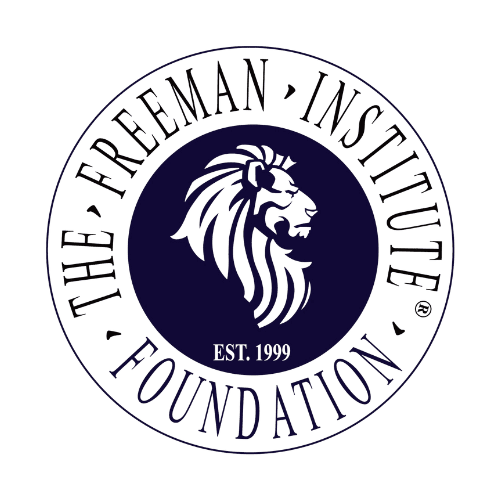
Call Centers Seminar

B O T T O M L I N E B E N E F I T S
Immediate and long-lasting!
1. Each participant has a better understanding of his or her personality style in the Call Center.
2. Reduction of the potential for conflict or power struggles
(preventive maintenance vs. crisis management).
3. Higher morale and greater productivity in a Call Center.
4. Better listening and leadership skills.
5. Greater sensitivity to work force diversity.
6. Tools for influencing an emotionally safe climate.
7. Working with change; not against it.
8. Knowing how to approach different people and situations.
9. Implementation of change in a win/win situation for internal and external customers.
10.Enhancing self-motivation, as it relates to specific Call Center tasks.
11.What works and what doesn't work in term of motivation.
12.Dealing more effectively with difficult behavior.
75% of the focus of this seminar will be on the internal world of the participant.
25% of the focus will be on how participants interacts with others.
Generic full day version with appropriate breaks
* Participants share the best part(s) and most challenging aspect(s) of their jobs (if smaller group).
* Presenter introduces himself and the purpose of the program.
* Humorous concepts illustrating the reality that people are different; predictably different.
* Explore the five contributing factors to personal behavioral styles:
i. Heredity
ii. Childhood role models
iii. Birth order
iv. Physical characteristics
v. Experiences
* Emotional pain -- the great modifier of human behavior.
* The differences between power and influence in a Call Center.
* Johari Window -- How trust and mutual respect are built up or broken down in an organization.
* Ten elements to most effective teams.
* How personal Blind Spots and Mask effect leadership/ followership styles and teamwork.
* Peeling the layers of the onion skin to get to the core issues:
i. Gender issues
ii. Cultural diversity
iii. Generational influences
iv. Professional status
v. Personality style
* Administer profile material
* Overview of the universe of the four dominant personality styles and how each style:
i. Responds to or reacts to emotional pain
ii. Seeks to control his or her environment
iii. Leads and follows
iv. Makes decisions
v. Communicates
vi. Deals with change
vii. Processes information
* Three main areas where conflict generally erupts in a call center, combined with concepts for
preventive maintenance -- plus skills for managing oppositional behavior after it has escalated.
* In-depth study of each personality in a Call Center
i. Major fears
ii. Natural and adaptive styles when confronted by stress or change
iii. Dynamic drives
iv. Needs-motivated behavior and communication language
v. Tools for working effectively with each style
vi. How personal dominant and sub-dominant styles can compliment vs. cause internal stress
vii. Drawing the best out of others at work and at home -- lifestyle change
* Learning to "read" one's graph.
* Now what do we do with the information? How do we apply it in this Call Center?
* Time for feedback, personal responses to the accuracy of the information, and specific questions.
* Help to develop action and accountability plans.
* Allowance for one-on-one time with instructor.
Let's Start the Conversation!
Thank you for your interest in the Freeman Institute Foundation! We are thrilled to connect with you and explore how we can support your organization's growth, leadership, and personal development needs. Please take a moment to fill out the contact form below, and we'll be in touch with you soon.
Contact Us
Call us
(410) 729-7800Send us an email
[email protected]